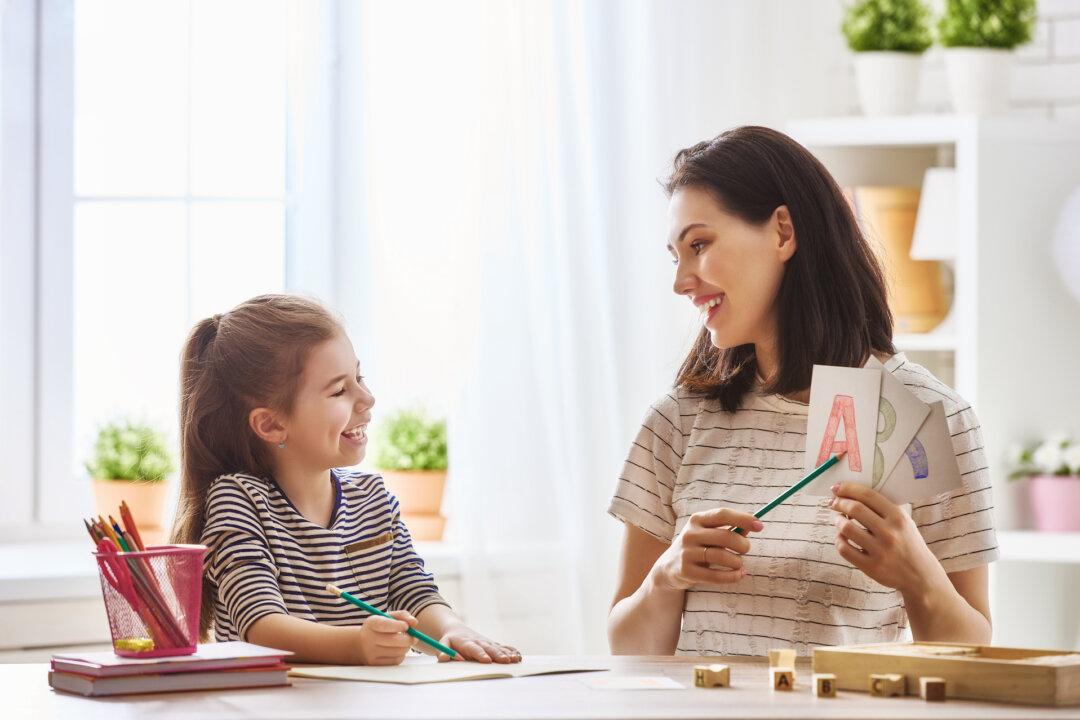One of the most common things homeschool parents hear from non-homeschooling peers is, “I could never homeschool—I don’t have the patience.” Sometimes it’s put, “I could never homeschool because I am not organized.” The general idea is that these parents believe themselves somehow ill-equipped to teach their own children.
Obviously, there are plenty of homeschooling parents who would not describe themselves as particularly patient or organized. And, of course, many parents have no desire to homeschool but find offering statements like this a bit more polite. The thing is, though, that the difference between “parenting” and “homeschooling” is not that significant. You might say homeschool is just parenting-plus.






